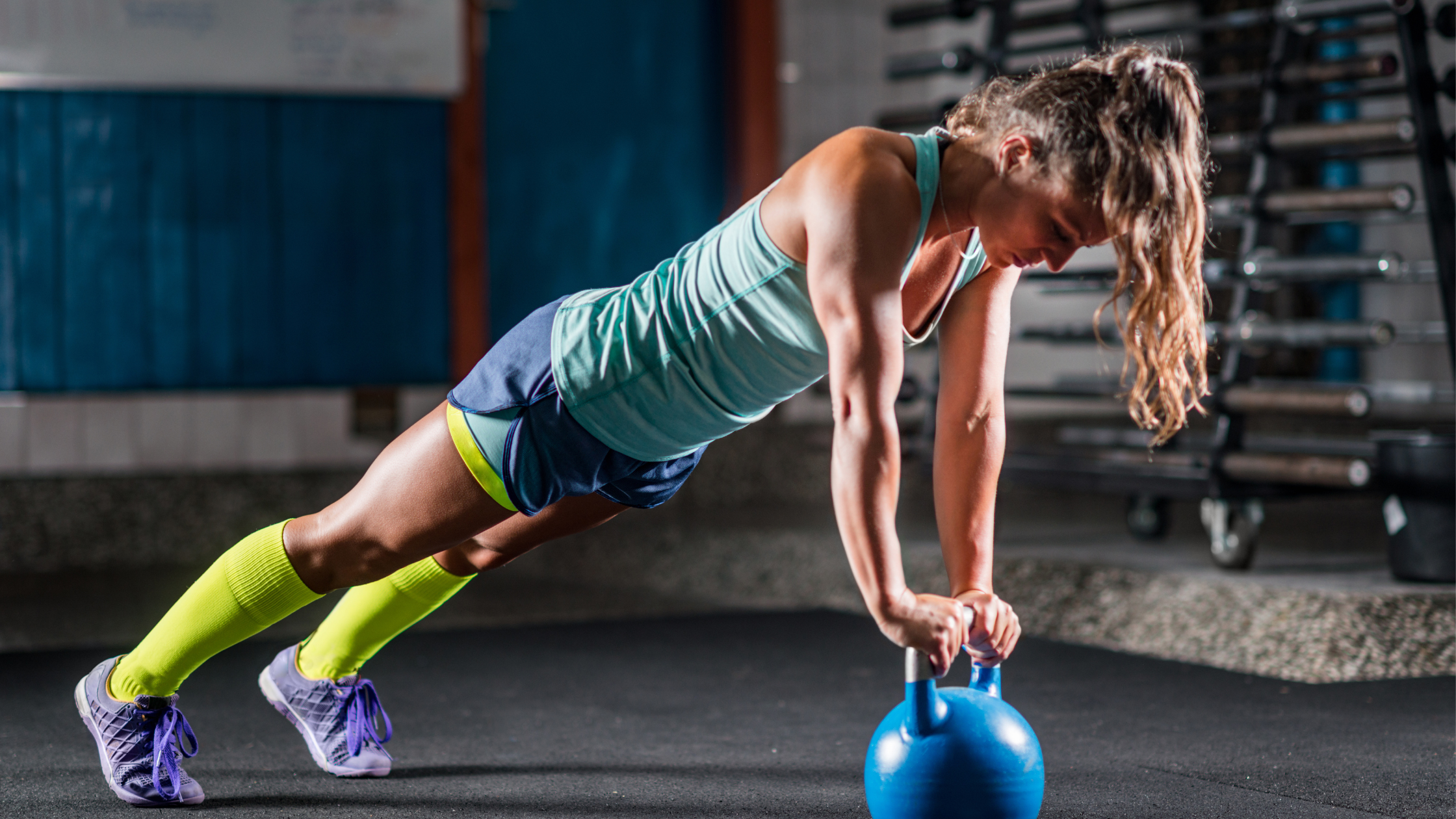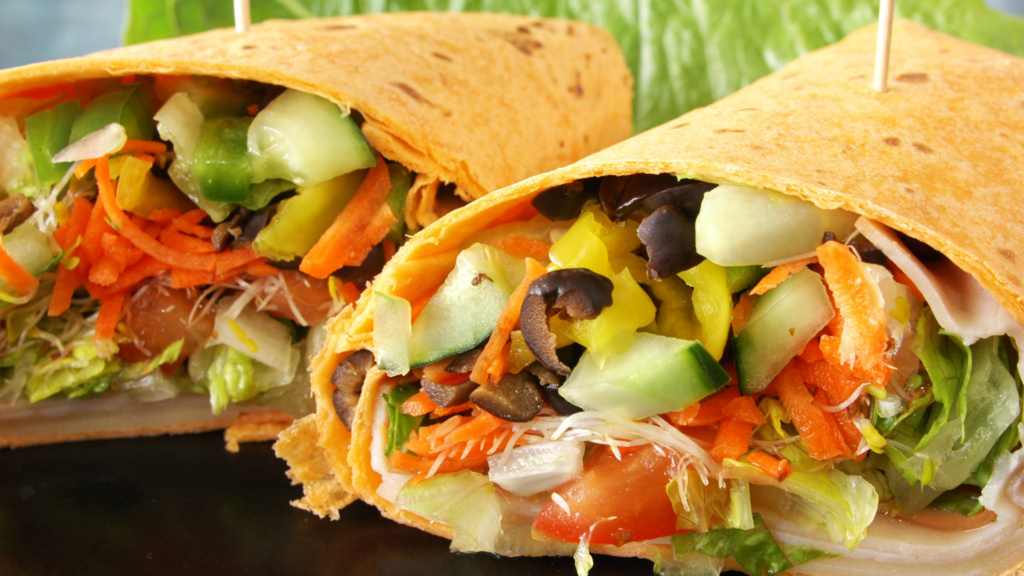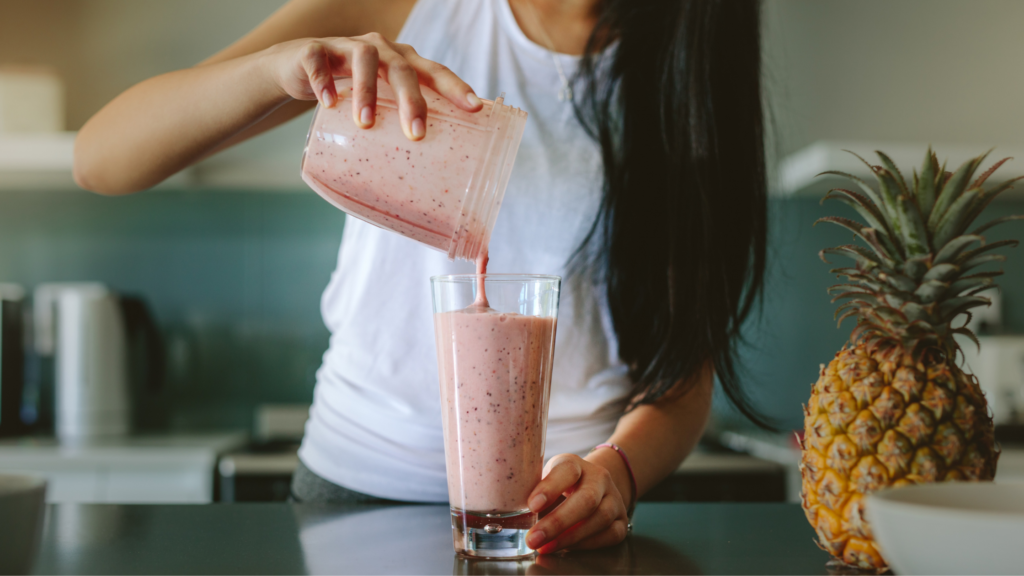
Sports Nutrition for Peak Athletic Performance
Becoming a great athlete takes good genes, consistent training, conditioning, recovery and optimal nutrition. While nutrition plays a key role in athletic performance, there are other equally important factors that can influence performance such as sleep, overall health, recovery and mindset.
Each athlete has unique nutritional needs based on their genetics, overall health status and the type of sport they play. In this post, we will discuss some of the most common questions athletes have.
How Much Protein Do I Need?
There are plenty of misconceptions about protein – are you getting enough? Typically, if you are meeting your energy needs, you’ll have no problem meeting the minimum protein intake recommendations for general health (0.8g/kg). However, depending on the sport you play or your performance goals, you may require more protein in your diet.
Here’s a general idea of what you should target:
- 1.2-1.7g/kg body weight – adequate protein intake for athletes
- Up to 2.0g/kg body weight – athletes in rehab, trying to lose fat mass or increase lean body mass
For a 150 lb. person, the minimum need would be 81 grams of protein daily. To meet those protein needs your intake for the day may look like this:
- Scrambled eggs (2), whole grain toast, berries (20 grams)
- 3 ounces of tuna, crackers, veggies & hummus (25 grams)
- Oatmeal energy balls (2) + 8 ounce glass of soy milk (10 grams)
- Black bean tacos on corn tortillas with cheese, lettuce, salsa, guacamole (20 grams)
- ⅓ cup trail mix made with nuts, dried fruit and dark chocolate (5 grams)
What Should I Eat Pre-Workout
Fueling your body with the right nutrition before your workout will provide you with energy, endurance and strength so that you can perform better and last longer. Timing of the pre workout meal/snack is also important. It is best to eat a well-balanced meal consisting of protein, carbohydrates and healthy fats at least 2-3 hours prior to workout.

If it has been longer than three hours since your last meal, you may want to consider a pre-workout snack such as fruit, yogurt, granola bar, or a pre-workout smoothie. It is important to pay attention the foods and amount you can tolerate prior to working out until you find the right balance. It is never fun to workout feeling empty or overly full.
What Should I Eat Post-Workout?
In general, there are three main benefits for post-workout fueling:
✔︎Restore fluid & electrolytes lost through sweat
✔︎Replace muscle fuel (carbohydrates) utilized during workout
✔︎Rebuild and repair damaged muscle tissue and stimulate development of new tissue with protein
Post-Workout Snack Ideas:
- Banana with peanut butter
- Whole grain toast with peanut butter or any nut butter
- Greek yogurt with blueberries or cherries
- Half a turkey sandwich
- Smoothie
8 Tips for maintaining Hydration
Hydration is important for all of the body’s functions, including energy levels, recovery and immunity. Drinking adequate fluids is essential to peak your performance. Hydration is needed for brain function, to support organ function, maintain proper hunger and appetite signals, and aids in your natural removal of toxins. Did you know that dehydration from one workout affects the next workout?
If you have a hard time staying on top of water intake, here are 8 tips:
- Set a goal!
- Drink a glass of water first thing in the morning, before any coffee or breakfast
- Buy a large water bottle that keeps its contents cold for hours. No more lukewarm water on hot summer days
- Add a lemon wedge, other fruit or even fresh herbs for added flavor
- Try carbonated water if you love the bubbles in soda
- Make a pitcher of iced herbal tea to mix things up
- If you prefer hot liquids, try hot water with lemon or unsweetened decaffeinated hot tea
- Carry a reusable water bottle with you when you leave the house
Create Your Own Post-Workout Smoothie

Smoothies work great as post-workout fuel, especially if you aren’t super hungry but want to refuel with quality nutrition. You can easily include protein, produce, and liquids for hydration in one, delicious and portable drink.
Here’s a basic formula for making a tasty and nutritious smoothie:
→ Liquid: milk (or milk alternative), coconut water, a moderate amount of 100% fruit juice
→ Fruit (fresh or frozen): banana, cherries, berries, mango,
→ Vegetables: baby spinach, frozen cauliflower, avocado, cucumber
→ Boosters: protein powder, nut butter, seeds (like hemp, chia or flax), herbs & spices, cacao powder
10 Vegan Protein Sources
Most of us probably associate protein with animal foods, but did you know there’s plenty of plant-based sources too? If you’re a vegan athlete, you’ll likely need to pay more attention to your protein intake to make sure you meet your goals but it’s far from impossible. Here are 10 favorite vegan sources of protein:
- Black beans – great for all of your favorite Mexican food dishes
- Chickpeas – use them to top salads or roast them for a snack
- Soy Milk – remember that all milk alternatives are not created equal. Soy milk is one of the only vegan options that contains as much protein as dairy.
- Peanuts – add them to snack mixes or to top stir-fry
- Hemp Hearts – blend into smoothies or sprinkle over toast
- Almond Butter – use it to make sauces or add to baked goods
- Peas – a great addition to pasta dishes for extra color and protein
- Lentils – include in your favorite soups and curries
- Edamame – it’s the perfect side dish to your vegan sushi rolls. You can also buy it frozen and shelled so it’s easy to add to noodle bowls.
- Quinoa – use this grain as the base of your grain bowls for an extra pop of protein!
Key Points to Remember
- Every athlete has unique nutritional requirement and would benefit from personalized nutrition to ensure nutritional needs are met.
- A well-balanced diet along with proper hydration will have a positive impact on your performance.
- Athletes who choose a vegan diet can meet required nutrition needs with personalized nutrition planning by a sports dietitian.
- A holistic health approach to an athletes health and well-being is most beneficial to optimize performance.
Question? Book a free consultation https://www.corenutritionhw.com/services or email your questions to info@corenutritionhw.com.
